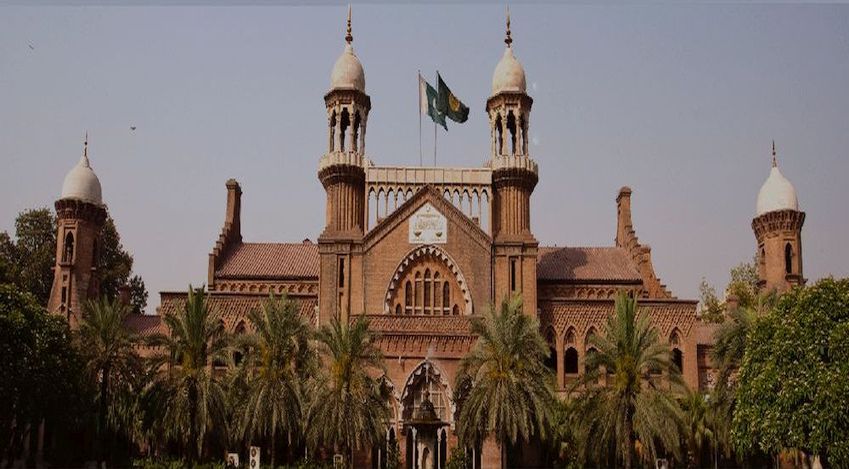The Civil Courts Lack Jurisdiction to Entertain Suits related to Name and Date of Birth Corrections in Educational Records --- Lahore High Court, Lahore
Islamabad 18-03-2025: In a landmark ruling, the Lahore High Court, Rawalpindi Bench, has ruled that Civil Courts lack jurisdiction to entertain suits seeking correction of names and dates of birth in educational records. Mr. Justice Mirza Viqas Rauf, while deciding [Civil Revision No. 124-D of 2022], set aside lower Court decrees in favor of students and remanded the cases to determine jurisdictional validity before proceeding further.
The case arose from multiple suits filed by students against the Board of Intermediate and Secondary Education, Rawalpindi, requesting changes in names and dates of birth recorded in official education documents. While some students succeeded in Civil Courts, others were barred on jurisdictional grounds, leading the Board to challenge the decrees in favor of students before the Lahore High Court.
Jurisdictional Bar under Special Laws: The Punjab Boards of Intermediate & Secondary Education Act, 1976 (Section 29) explicitly bars Civil Courts from questioning Board actions regarding student records.
The Punjab Amendment Act, 2018, introduced a significant jurisdictional restriction, preventing Civil Courts from interfering where a special law provides a redress mechanism.
The Court held that only the Board and its regulations should govern such corrections, reinforcing the principle that specialized bodies should handle domain-specific disputes.
The Lahore High Court relied on recent Supreme Court of Pakistan and Lahore High Court judgments to reaffirm its stance:
- General Manager, SNGPL Vs. Qamar Zaman (2021 SCMR 2094): Courts must respect jurisdictional exclusivity in special laws.
- Nestle Pak Limited Vs. Shehryar Qureshi (2024 CLD 502): Civil Courts cannot entertain suits when a special law governs the matter.
- Board of Intermediate & Secondary Education Vs. Khalil Ahmad (2008 SCMR 116): Jurisdictional objections must be raised at the outset.
Mr. Justice Mirza Viqas Rauf ruled that the lower Courts failed to properly frame and address jurisdictional issues, leading to remand of all cases to the respective Senior Civil Judges. The trial Courts must first determine whether they have jurisdiction in light of Section 9 of CPC (as amended in 2018) and Section 29 of the Punjab Boards Act, 1976, before proceeding with the suits.
This ruling strengthens the authority of statutory bodies and discourages Civil Litigation in matters governed by specialized laws. It also reinforces the importance of jurisdictional objections being raised at the earliest stage.
The Lahore High Court directed that the trial Courts ensure a swift and efficient resolution of these matters and strictly follow legal procedures while adjudicating on jurisdiction.
Powered by Froala Editor








